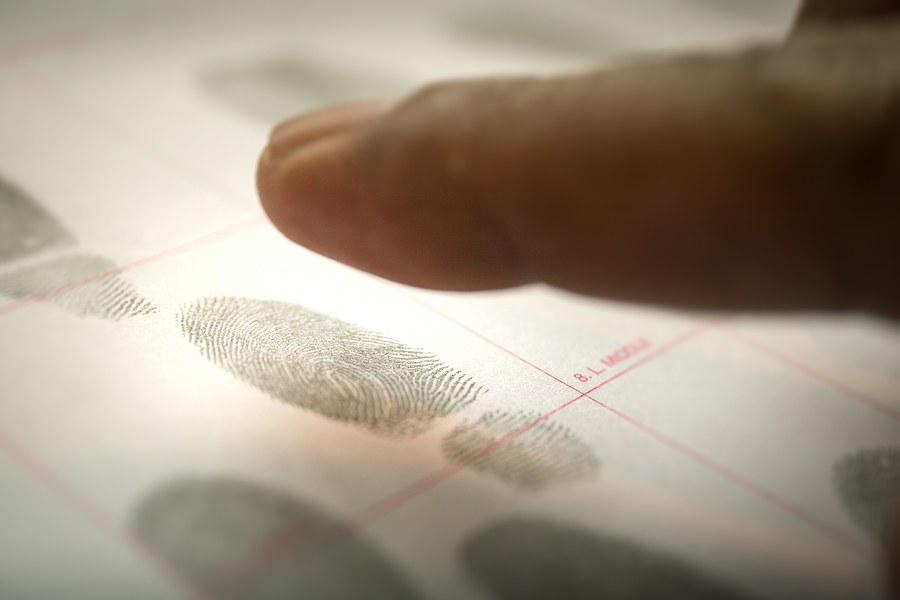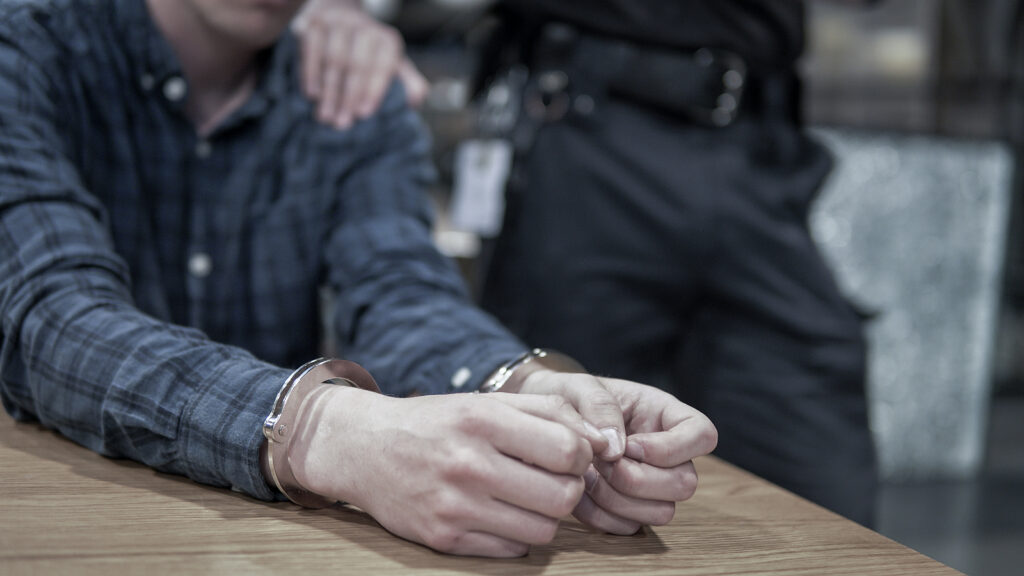Lately, I’ve been seeing a lot of people get in trouble for not properly storing their firearms. These people are getting arrested and/or charged with a crime and almost certainly losing their licenses to carry firearms.
In Massachusetts, the law (Massachusetts General Laws c. 140, s. 131L) requires that if you don’t have the gun in your immediate possession, such as on your person, in your hands or very nearby where you have complete control over it, then you must properly store it. The reason behind the law is to make sure guns do not get into the hands of children or other irresponsible people who may hurt themselves or other with the gun. Failure to properly store your firearms is crime which can include jail time and fines for a violation.
2 Ways to Properly Store Your Firearms
In Massachusetts, you can store your firearms properly by doing one of two things. You don’t have to do both. But you must do one or the other.
Tamper-Resistant Device
The first, is to have some type of mechanical tamper-resistant device on the gun. That could be a trigger lock. It could be a cable lock. Basically, something that has a key or a combination that prevents anyone who’s not authorized to use the gun from gaining access to it and firing it. There are many different types of tamper-resistant devices for firearms. In fact, in Massachusetts gun dealers are supposed to sell you one when you purchase a gun. There is a list put out by the Massachusetts State Police of approved tamper-resistance devices for firearms. I have put a link to that list here.
State Police list of Approved Firearm Safety / Locking Devices: https://www.mass.gov/doc/approved-firearm-safetylocking-devices-06-15-2020/download
Locked Container:
The second way to properly store your firearms is to have the gun in some type of a locked container, such as:
- A safe
- Locked trunk of your car
- Locked glove box of your car (needs to have a key lock)
- Lock box meant to store firearms
- Locked document case, like a fire-proof lockable box
The locked container does not have to be bolted down, but it is probably a good idea to do so if practical. The locked container should have a key, combination, or some other means to prevent others from getting into it. I have seen some that have fingerprint access in addition to a key or combination. The main point of having the firearm in a locked container is to prevent an unauthorized person from gaining access to the gun and firing it.
What If My Gun is Stolen While Using a Tamper-Resistant Device or Lockbox?
You are not going to get in trouble (i.e., criminally charged or lose your license to carry) if your gun is stolen while in a locked contained or has a tamper-resistant device like a trigger lock or cable lock in place. We had a client with this exact situation.
The gun was stolen out of the glovebox of his car. However, at the time it was stolen he had a cable lock (i.e., tamper-resistant device) attached to it. He told the police this when he reported it as stolen. The police still charged him with improper storage of a firearm. However, we were able to get the charge dismissed, because he had complied with the firearms storage law, by having the cable lock attached.
Having the Gun in Your Locked House is Not Good Enough
I want to be very clear that if you have your gun just sitting in a drawer in your locked house, that will not be considered proper storage in Massachusetts. This is true even if you live alone and/or have no kids living with you.
Also having the gun locked in an interior room in your house will many times not be good enough. However, this will depend on how that room is secured. If the door is a flimsy interior door that has cheeseball lock (think privacy lock on a bathroom door) that could be opened with a butter knife, then the Courts have said that is not sufficient for proper storage. Think, “If I can open it with a butter knife, it’s not going to be a good enough lock to properly secure my firearms. I might end up with a charge. I might end up losing my license to carry.” Very important stuff.
However, if in either of these circumstances, if the gun is either (1) secured by a tamper-resistant device (i.e., trigger lock or cable lock) or (2) is in a proper locked container, then that will be proper storage.
If you have any questions about how to properly store your firearms in Massachusetts, so you don’t get charged criminally and lose your license to carry, please feel free to give me a call or shoot me an email.






